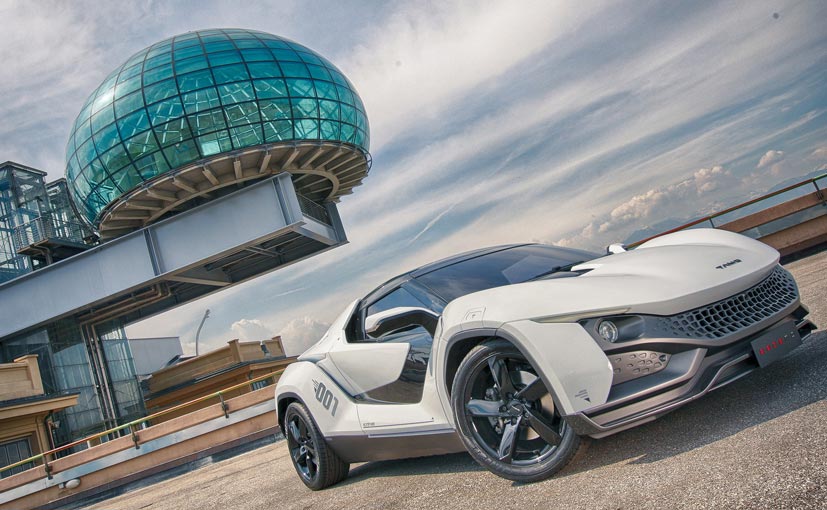
Electric vehicle sales in India are expected to witness a double-digit growth till 2020, fuelled by government measures for the sector and reducing battery prices, among others, says a report.
Although EVs are not yet mainstream, government push and increasing consumer awareness are driving EV adoption in India, pointing to a growing momentum, a joint study by Assocham and global advisory services firm EY said.
Currently, EV industry in India is at nascent stage comprising less than 1 percent of total vehicle sales.
Stressing the urgent need for creating charging infrastructure at a rapid pace, the report said it is the determining factor for growth of EVs.
The road map to electric mobility vision is based on growing collaborative economy and proliferation and success of electric and shared mobility business models.
With regard to clarity in EV policy, it said the government needs to take active measures to streamline regulatory challenges and provide further policy impetus to drive uptake of EVs.
The government has set an ambitious target of having 100 percent electric vehicles for public transport and 40 percent electric for personal mobility by 2030.
Meanwhile, the automobile industry has sought clarity in EV policy besides restoring incentives given on research and development in the form of weighted tax deduction to previous level.
From 2017-18 the weighted tax deduction on research and development expenses has been reduced to 150 percent from 200 percent earlier.
Stating that India does not have any policy framework or mechanism for the battery recycling and second use market, the study said in order to achieve its electric mobility target, reclaiming materials from old lithium ion batteries in a certified and sustainable manner should be a huge priority of the Government of India.
“EV adoption will be highly dependent on the pace of fall in battery costs as EVs are significantly more expensive than traditionally propelled vehicles due to high cost of Li-ion batteries,” it added.


0 Comments